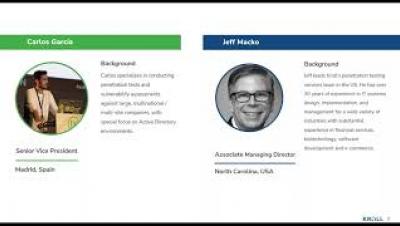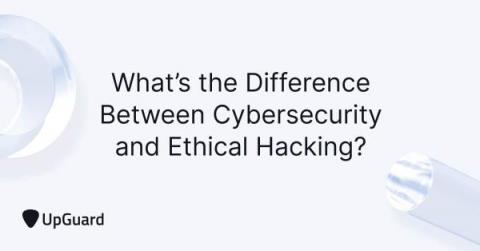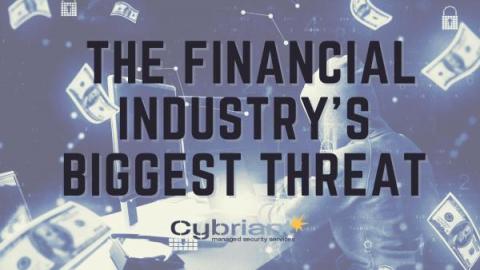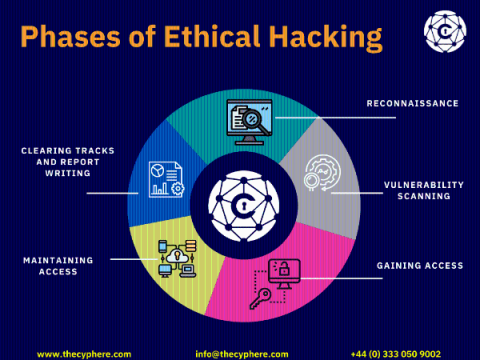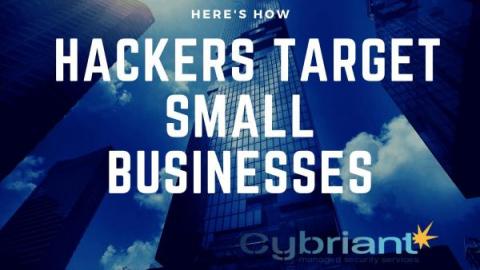Security | Threat Detection | Cyberattacks | DevSecOps | Compliance
June 2022
The Difference Between Cybersecurity and Ethical Hacking
Ethical hacking is a field within cybersecurity where security experts assume the role of an unauthorized user and attempt to gain access to a private network or computer. These exercises aim to help targets identify any security vulnerabilities that could be exploited in a real cyberattack. Cybersecurity professionals utilize non-invasive methods, such as risk assessments, audits, and security questionnaires, to discover security risks.
The Financial Industry's Biggest Threat
Losing money to cybercriminals is the financial industry's biggest threat today. Billions of dollars have been lost in 2022 alone due to cyber security incidents. This money is unrecoverable and can be blamed on one thing - poor cybersecurity practices. The money goes straight to the pockets of hackers so they can build bigger and better ways to hack and steal our money.
What is Ethical Hacking? Working, Techniques and Jobs
In the past, if someone called themselves hacker chances are, they received some backlash or negative connotations. However, in recent times as the field of information is on the rise a new term ‘Ethical Hacking’ has emerged and opened many different avenues for IT and cyber security professionals.
How Hackers Target Small Businesses - and How to Protect Yourself
It's important to understand how hackers target small businesses and that smaller companies are a favorite object of hackers. Why? Because small businesses often lack the security measures and financial resources in place that larger businesses have.


